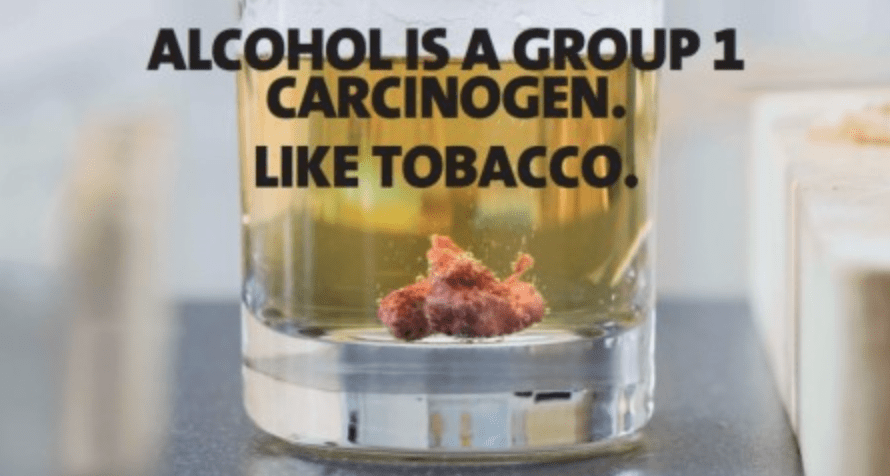First ever New Zealand Conference Focussed on the Link Between Alcohol Use And Cancer
The first New Zealand conference on the association between alcohol use and cancer was held on June 17, 2015, at Te Papa, Wellington, the capital city.
It has been documented in scientific literature for at least 50 years that alcohol is carcinogenic, and it has been scheduled as a Group 1 carcinogen (an agent that directly causes cancer) by the World Health Organisation’s International Agency for Research on Cancer (IARC) since 1988. However, this information is not familiar to the public of New Zealand.
“Recent Canadian research has shown low but increasing public awareness of the association between alcohol and cancer over the past two decades from 21% in 1996 to 36% in 2012,” said Prof Doug Sellman, medical spokesperson for Alcohol Action NZ.
“Similar patterns are likely here, with the majority of New Zealanders being unaware of such an important linkage. This is of concern given that alcohol consumption is so common, involving 90% of the population 15 years and over”.
In New Zealand the rate of premature death due to alcohol is high. More than 800 people under 80 years of age die every year due to alcohol-related causes. Almost 33% of these deaths are caused by an alcohol-related cancer. For instance, breast cancer is the most common cause of death related to alcohol use in New Zealand.
“This conference will highlight the association between alcohol and cancer from basic science through clinical aspects to a comprehensive epidemiological view, and then discuss effective ways in which the incidence of alcohol-related cancer in New Zealand can be reduced.”
Prevention approaches will need to include policies to reduce the level of alcohol consumption across the population, affecting alcohol marketing, pricing, accessibility, age of purchase, plus increased treatment for heavy alcohol users.
